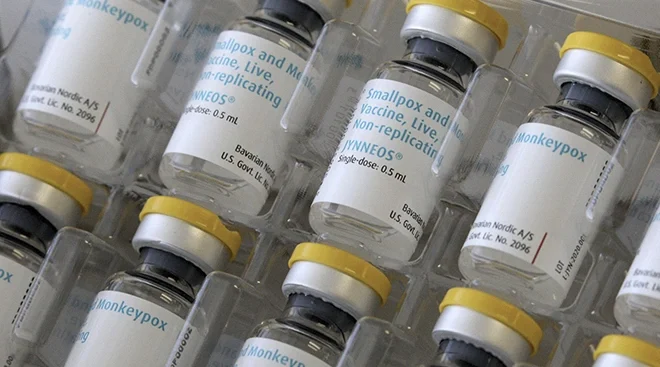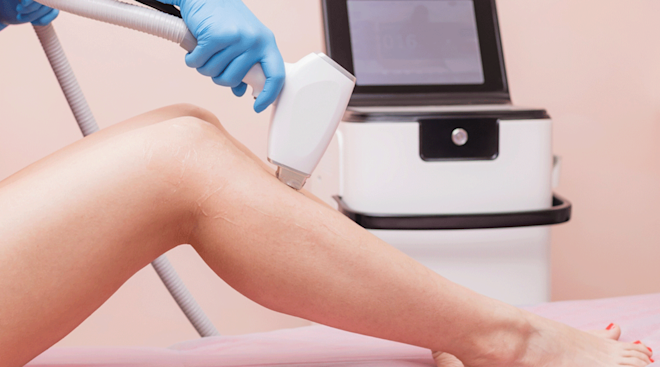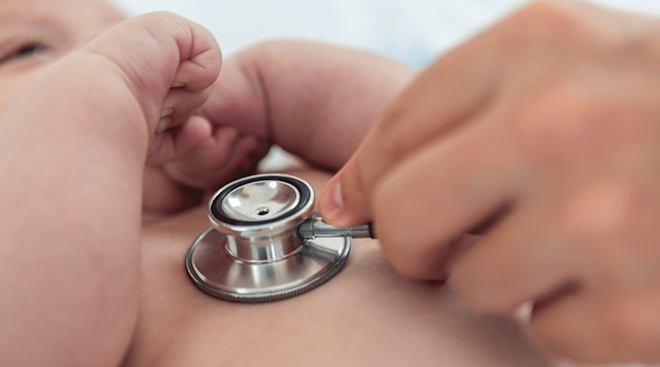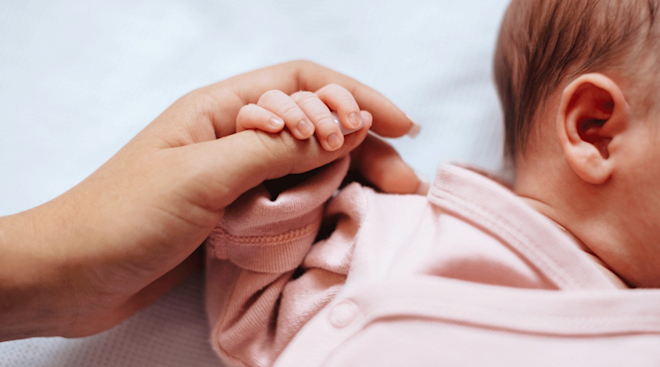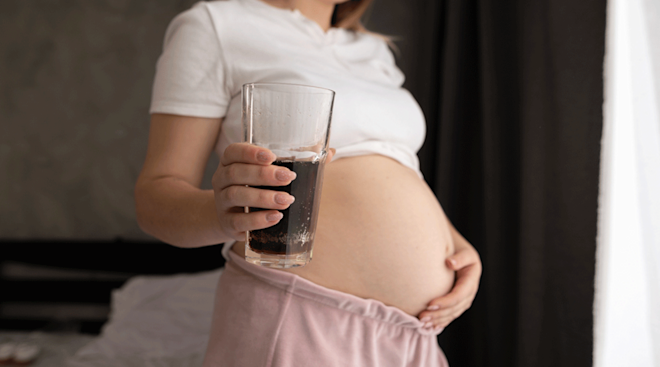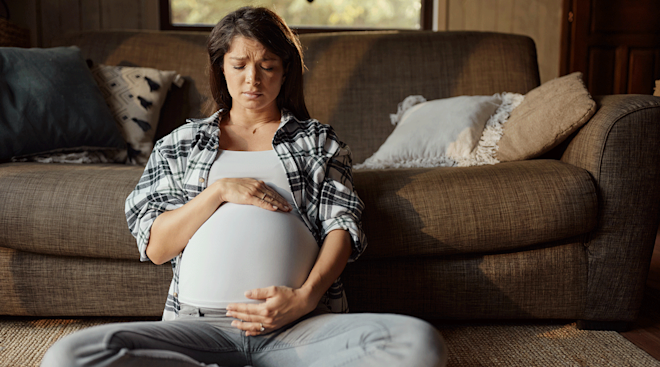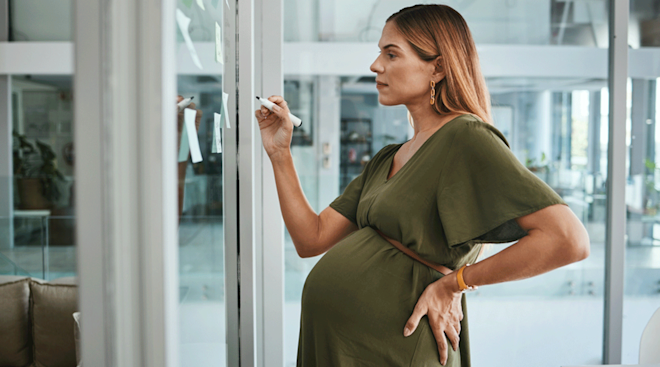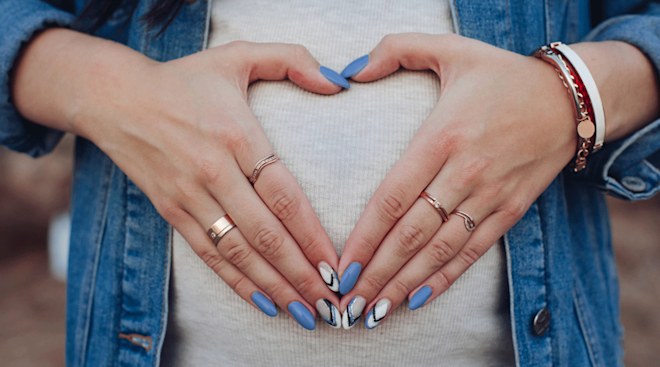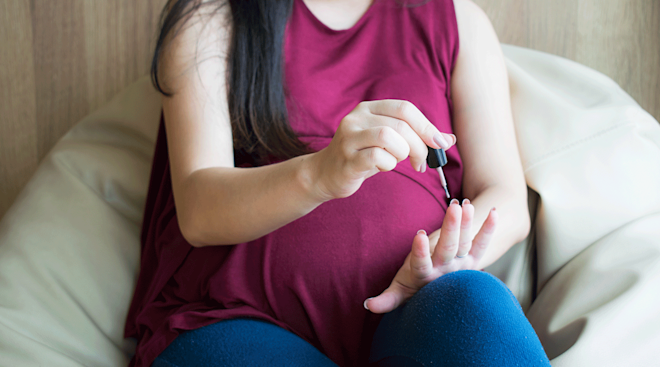US Reports First Monkeypox Case in a Pregnant Woman
As monkeypox cases rise (over 3,000 cases in the US), the Centers for Disease Control and Prevention (CDC) has now reported the first case of the disease in a pregnant woman.
While the CDC will not release details about the mother, including in what state the birth took place, CDC representative John Brooks, MD, confirmed in a Webinar that the baby was safely delivered this past weekend and both mom and baby are “doing well.” The baby did not appear to have contracted the virus from its mother.
As the outbreak continues the CDC warns that pregnant women and babies could be at a higher risk of severe outcomes from monkeypox. While this case presented mildly and the risk of contracting monkeypox is currently low, pregnant women are encouraged to consult their doctor at the first sign of symptoms. Symptoms of monkeypox typically include fever, headache, sore throat, cough and unknown rashes or lesions that can look like pimples or blisters.
The virus can spread from person to person through direct contact with the infectious rash, scabs or body fluids. It can also be spread mouth to mouth through kissing, cuddling or sex. In addition, pregnant people can spread the virus to baby through the placenta.
To avoid contracting monkeypox, the CDC recommends pregnant women:
- Avoid close, skin-to-skin contact with people who have a rash that looks like monkeypox
- Do not handle or touch the bedding, towels or clothing of a person with monkeypox.
- Wash your hands often with soap and water or use an alcohol-based hand sanitizer.
Two vaccines licensed by the U.S. Food and Drug Administration (FDA) are available for preventing monkeypox infection–Jynneos and ACAM2000, but the CDC currently only reccomends the vaccines if who have knowingly been exposed to monkeypox. It is important to talk to your doctor about what options may be best for you.
For more information about monkeypox, visit the CDC’s 2022 monkeypox outbreak page or read more about what the disease means for pregnant women here.
Please note: The Bump and the materials and information it contains are not intended to, and do not constitute, medical or other health advice or diagnosis and should not be used as such. You should always consult with a qualified physician or health professional about your specific circumstances.
Navigate forward to interact with the calendar and select a date. Press the question mark key to get the keyboard shortcuts for changing dates.

































